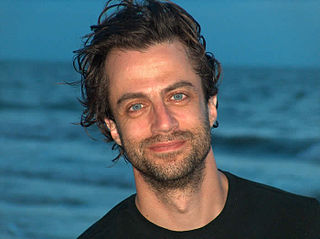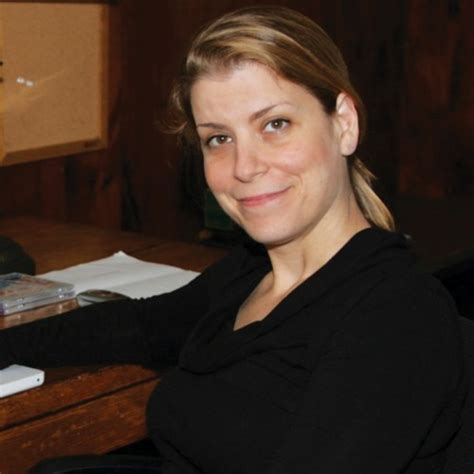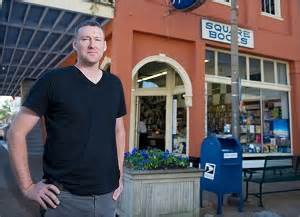A Quote by Augusten Burroughs
I don't read memoirs. But if you write a memoir, I would think you'd want people to know, "O.K., look, I've taken some liberties here." It's just a matter of being open with your readers.
Related Quotes
I don't want to write things that people don't want to read. I would have no pleasure in producing something that sold 600 copies but that was considered very wonderful. I would prefer to sell 20,000 copies because the readers loved it. When I write books I don't actually think about the market in that way. I just tell myself the story. I don't think I'm talking to a 10-year-old boy or a six-year-old girl. I just write on the level the story seems to call for.
With a historical novel you know that liberties are being taken. Since Walter Scott, we know that poetic license, dramatic license, that events been conflated and that liberties have been taken, characters ditto, dates rearranged. But people don't seem to understand that movies are fictions, they are dramatizations, at least historical movies, and we should accord the moviemakers some of the same understanding and latitude. When you go to a movie you know it's a dramatization and not history.
I remember when I was writing my memoir and I was worried about what other people would think when they read it, and my mother, who can be this incredibly wise person, said that it really didn't matter because strangers who read it would never meet me anyway, and people I knew were aware of my secrets.
I don't think about the reader in any conscious way that impacts the writing, as far as, Hey, most readers would like this! But at the same time, if it were presented to me: "John, you're going to write a novel. It's going to take you a few years. When you're done with it, there's a law that no one's allowed to read it." I don't think I would write it. I want someone to read it!
I don't think you can take a whole genre of very popular books and say, "This is all trash!" When we read a memoir that isn't by a celebrity, we feel like we're about to go on a journey and we don't know where the journey will lead. But when we read a memoir by a celebrity we feel like we already know the journey and we just want to travel it.
Lately I've been thinking about the idea that all novels are, at least in some way, about the process of writing a novel - that the construction of the book and the lineage of people constructing novels are always part of the story the author is telling. I think the equivalent for memoir should be that all memoirs are, in some way, about the process of memory. Memoirs are made out of a confusing, flawed act of creation.
I would give them (aspiring writers) the oldest advice in the craft: Read and write. Read a lot. Read new authors and established ones, read people whose work is in the same vein as yours and those whose genre is totally different. You've heard of chain-smokers. Writers, especially beginners, need to be chain-readers. And lastly, write every day. Write about things that get under your skin and keep you up at night.
When public figures write memoirs, there is always some indecision regarding how much they want to write of things as they were and how much they want to cut corners to avoid riling up others. I decided to write my memoirs exactly as they were, and I will not digress - not when things are ill at ease and not when they are comfortable.






































